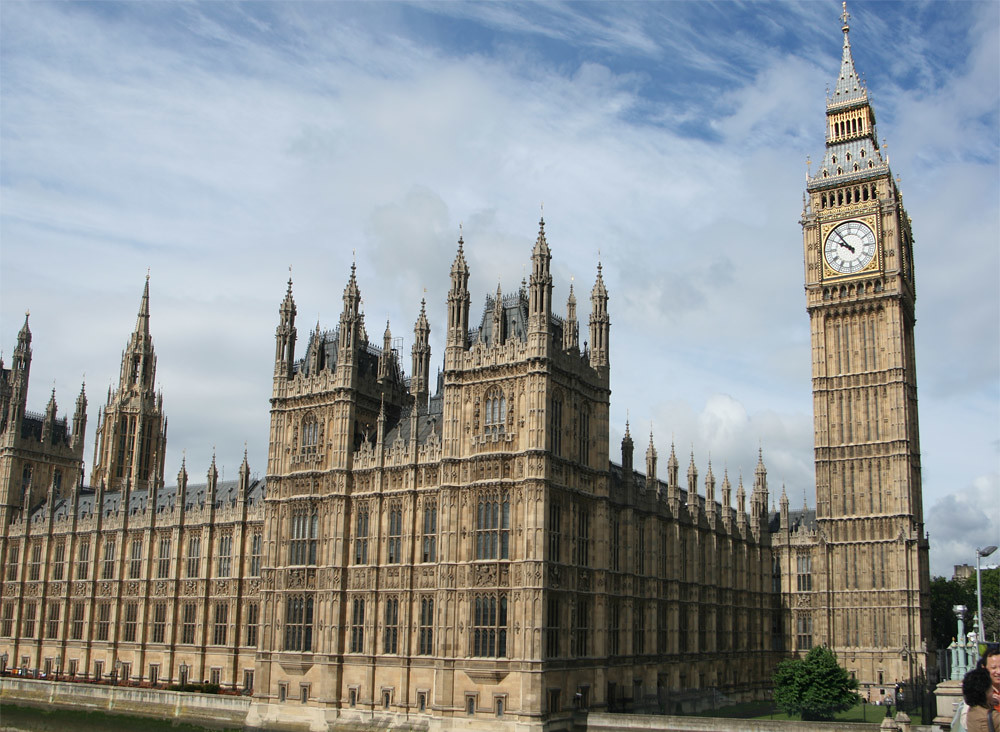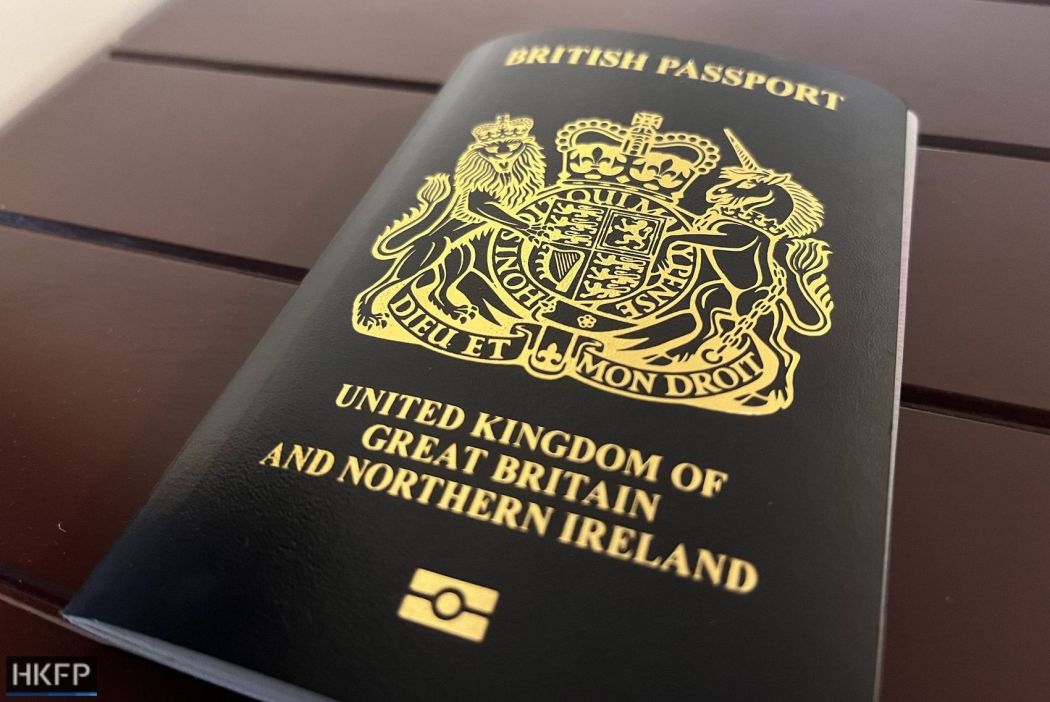Almost none of the Hongkongers who emigrated to Britain since 2021 plan to return to the city, a survey has found, despite some respondents saying that they had trouble finding work that fit their skills and qualifications.
“[Hongkongers] feel welcomed in Britain and 99 per cent plan to stay permanently,” according to a report published on Wednesday by a group called the Welcoming Committee for Hong Kongers and independent think-tank British Future.

Britain announced a new visa programme for holders of British National (Overseas) passports in July 2020, a month after Beijing imposed the national security law on Hong Kong. Under the scheme, BNO passport holders and their dependents can apply for permanent residence after living in the UK for five years. After another year, they can seek full British citizenship.
Applications for the new route opened in January 2021 and as of this September 154,078 Hongkongers had received BNO visas, the Home Office announced on Thursday. The scheme was expanded last November to include Hongkongers born after the handover on July 1, 1997, if at least one parent is a BNO passport holder.
“[M]ore support is needed for their skills and experience to fully benefit the UK economy, according to the most authoritative study to date of newly-arrived UK migrants from Hong Kong,” the committee said.
The study found that 52 per cent of the 2,089 BNO holders interviewed for the survey had jobs – about 35 per cent full-time, nine per cent part-time, and six per cent self-employed. Almost a quarter of the respondents who were employed said they had experienced issues with pay and a fifth said they felt overworked.

Only 12 per cent of respondents, however, said they were looking for work. Of the remaining respondents, 13 per cent took care of the home and 13 per cent were retirees – only about a third of whom had pensions – and two per cent were students.
Almost 60 per cent of BNO Hongkongers have degrees at graduate or postgraduate level but 47 per cent of those with jobs said the work did not match their skills and experience.
“Many [Hongkongers] arriving in the UK are highly educated, often skilled professionals – yet they are more likely to be unemployed or working in jobs below their skill level,” said director of research at British Future Heather Rolfe.
But they were “contributing to key industries and occupations, some of which have experienced serious and ongoing skills and labour shortages in recent years,” the report read.
‘Untapped talent pool’
Writing in a Financial Times opinion piece, Rolfe said that BNO-holding Hongkongers were filling gaps in sectors including wholesale and retail, information technology, education, and hospitality.
The biggest barrier to finding work that matched their skills and qualifications was a lack of confidence in English proficiency, according to the report, with more than 40 per cent of respondents citing that as an issue they faced when finding work.
Rolfe said employers were unaware of the “untapped talent pool” of migrants, including those from Hong Kong and Ukraine. “We just need to ensure they can find the right help at the start of that journey.”

The committee urged the British government to set up strategies to “make the most of migrants’ skills and potential” that also include people in the UK on humanitarian visas, namely, Ukrainians, Afghans and Syrians.
Hongkongers’ arrival in the UK coincided with a cost of living crisis for much of the general public. More than four in 10 respondents said their financial well-being had worsened since arriving in the UK, with some 10 per cent saying it had “worsened greatly.”
Difficulties accessing their Hong Kong pension funds was also a source of financial stress for more than a quarter of BNO Hongkongers.
In spite of these challenges, 99 per cent of BNO Hongkongers said they had no plans to return to Hong Kong. They felt welcomed in their communities and were building new relationships with neighbours and work colleagues.
Correction 27/11/2023: An earlier version of this article incorrectly stated that about half of the respondents in the study were unemployed. Only 12 per cent of respondents said they were looking for work.
Support HKFP | Policies & Ethics | Error/typo? | Contact Us | Newsletter | Transparency & Annual Report | Apps
Help safeguard press freedom & keep HKFP free for all readers by supporting our team

LATEST FROM HKFP
HKFP has an impartial stance, transparent funding, and balanced coverage guided by an Ethics Code and Corrections Policy.
Support press freedom & help us surpass 1,000 monthly Patrons: 100% independent, governed by an ethics code & not-for-profit.










